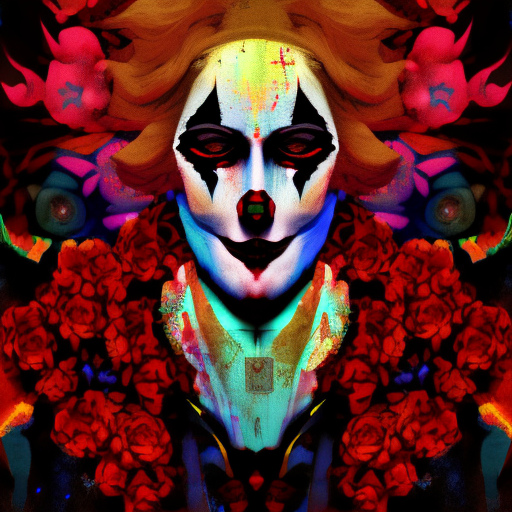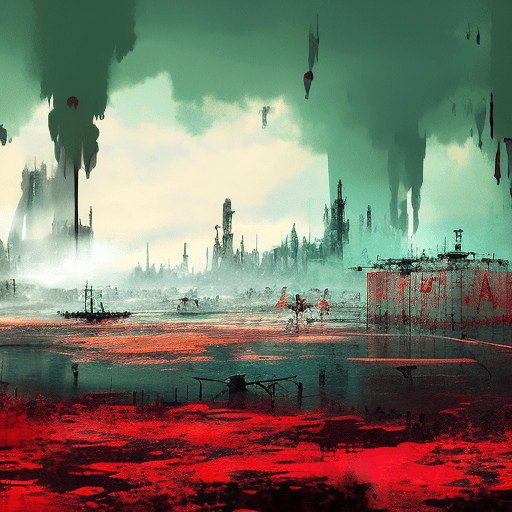The Clown: A Heartbreaking Tale of Love and Loss
The Clown, written by German author Heinrich Böll, is a poignant and heart-wrenching novel that explores themes of love, loss, and the search for identity. Set in post-World War II Germany, the story follows the life of Hans Schnier, a talented clown who grapples with the complexities of his personal relationships and the societal pressures of a rapidly changing world.
The Struggles of Love and Relationships
At its core, The Clown delves into the complexities of love and relationships. Hans Schnier, the protagonist and narrator, is a clown who has recently been abandoned by his long-time partner, Marie. As he navigates the aftermath of their breakup, Hans reflects on the ups and downs of their relationship, highlighting the challenges and sacrifices that come with love.
Throughout the novel, Böll explores the different facets of love, from the passionate and intense to the mundane and routine. Hans’s relationship with Marie serves as a microcosm of the larger societal struggles faced by individuals in post-war Germany. The author skillfully portrays the complexities of human emotions, showcasing the pain, longing, and vulnerability that accompany love.
The Search for Identity in a Changing World
In addition to its exploration of love, The Clown also delves into the search for identity in a rapidly changing world. Hans, as a clown, is constantly wearing a mask and performing for others. However, beneath the surface, he grapples with a deep sense of emptiness and a yearning to discover his true self.
As Hans navigates through the post-war landscape, he encounters various characters who represent different aspects of German society. From the wealthy industrialists to the struggling artists, each person he meets reflects a different facet of the changing social and political climate. Through these encounters, Hans begins to question his own role in society and the meaning behind his existence.
The Impact of War and Politics
The Clown also delves into the lasting impact of war and politics on individuals and society as a whole. Set in post-war Germany, the novel portrays a nation grappling with the aftermath of the devastating conflict. Böll skillfully weaves political commentary into the narrative, highlighting the disillusionment and despair that permeate the lives of the characters.
The author explores themes of guilt, responsibility, and the struggle for redemption. Hans, as a clown, serves as a symbol of the collective guilt felt by the German people for their role in the war. Through his introspection and self-reflection, Böll invites readers to confront the consequences of their actions and the role they play in shaping society.
Key Takeaways:
- Love and relationships are complex, filled with both joy and pain.
- The search for identity is a lifelong journey that requires self-reflection and introspection.
- War and politics have a lasting impact on individuals and society, leading to feelings of guilt and the need for redemption.
“I have to change inside, but I can’t. I’m like a clown, you see, like those circus clowns who go on doing the same act night after night, like automatons, like machines incapable of changing their routines, their gestures, their painted expressions.”
In conclusion, The Clown is a deeply moving novel that explores the complexities of love, the search for identity, and the impact of war and politics on individuals and society. Through the character of Hans Schnier, Böll invites readers to reflect on their own relationships, their search for meaning, and the role they play in shaping the world around them. The novel serves as a poignant reminder of the universal struggles faced by humanity and the importance of compassion and understanding in the face of adversity.












